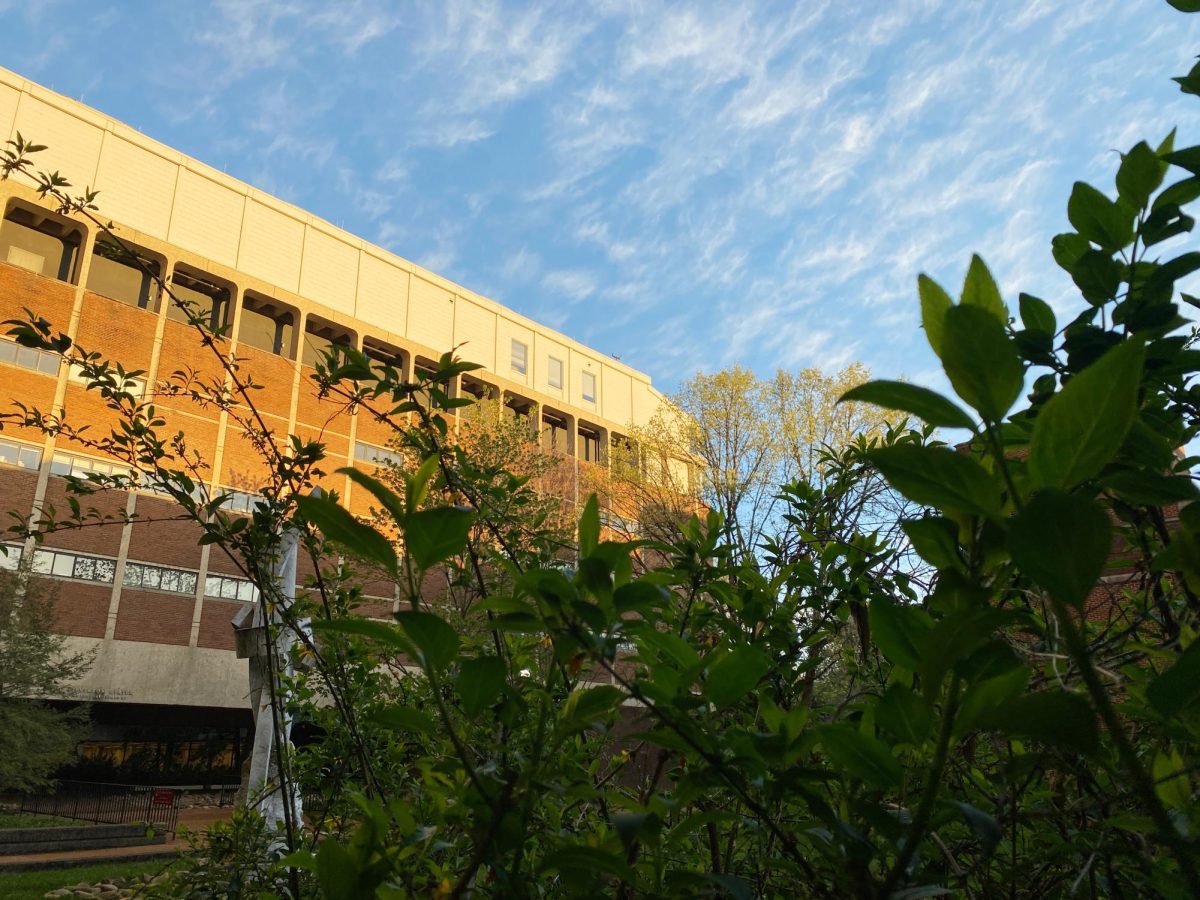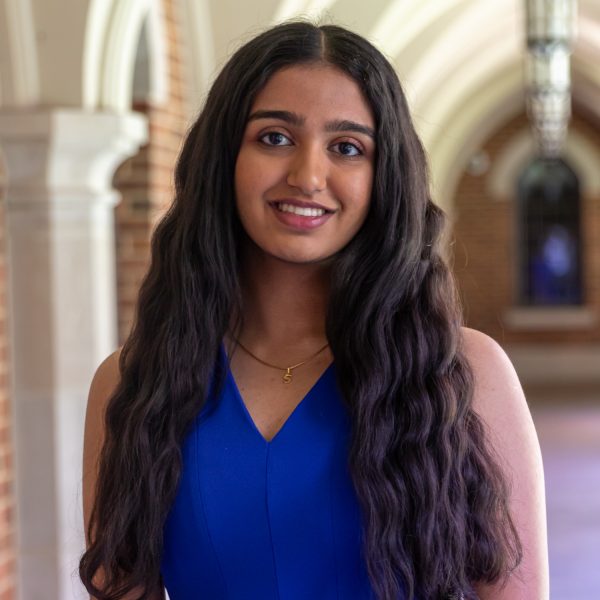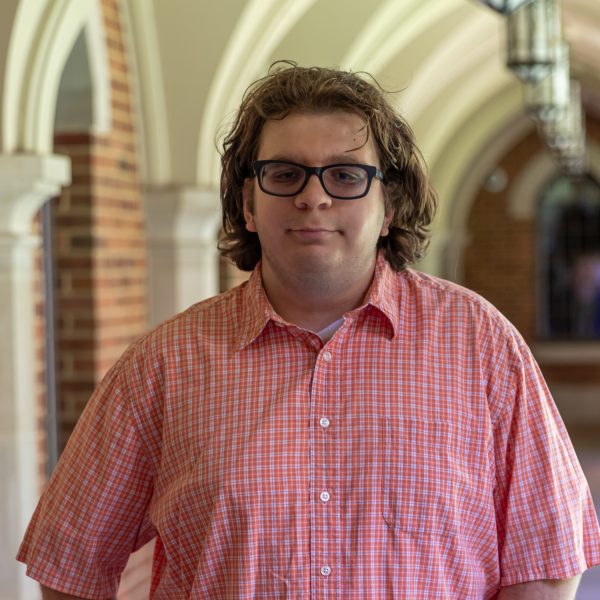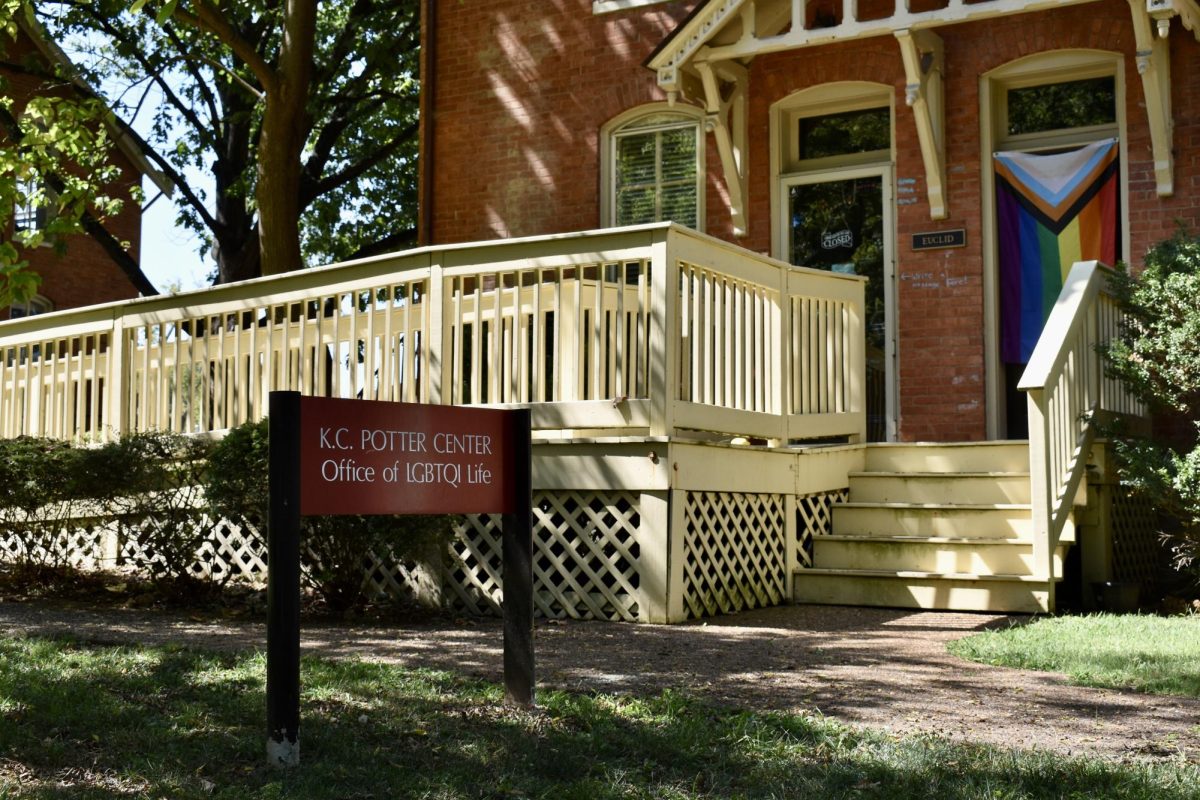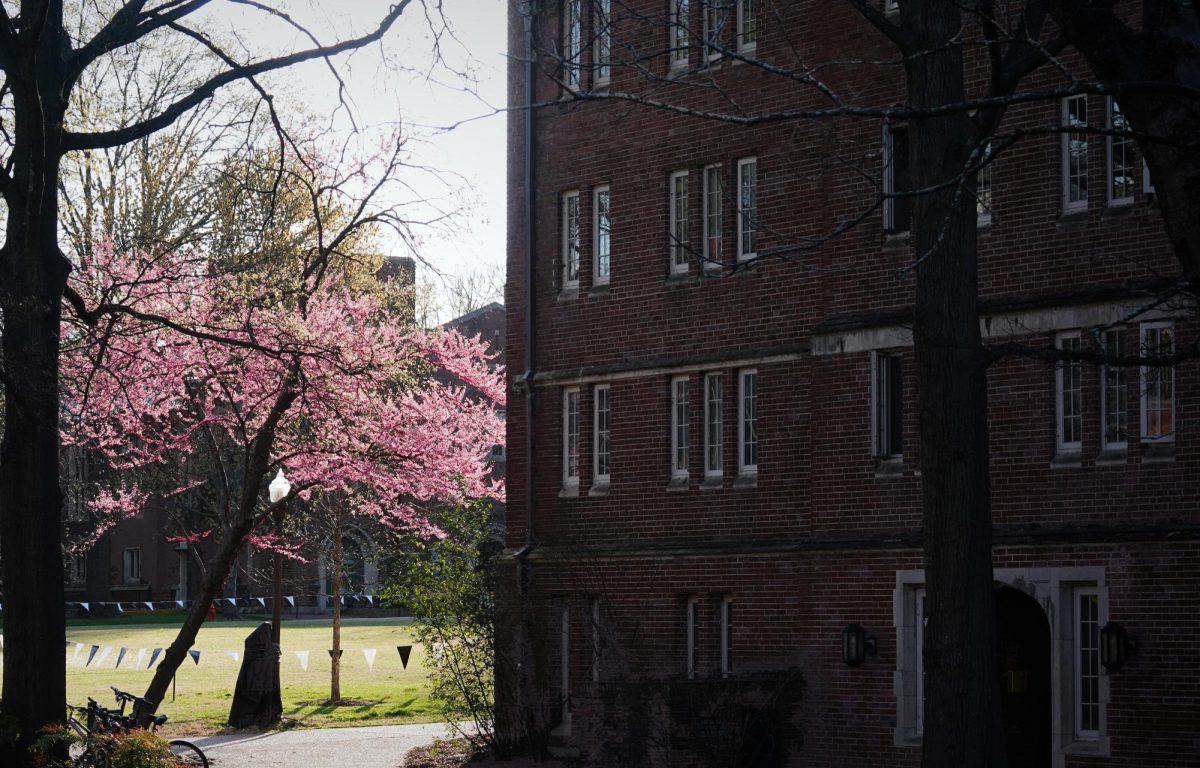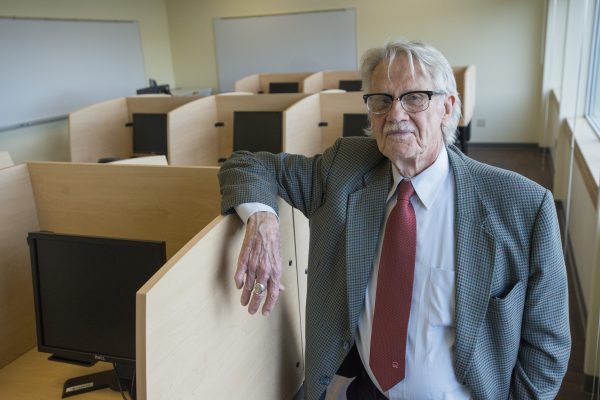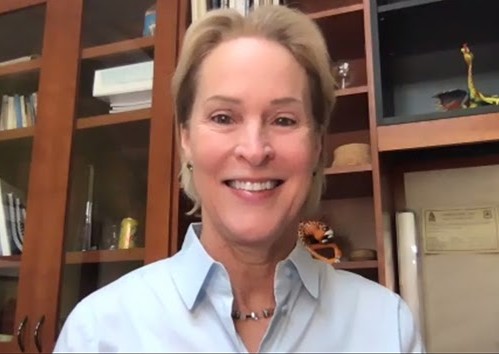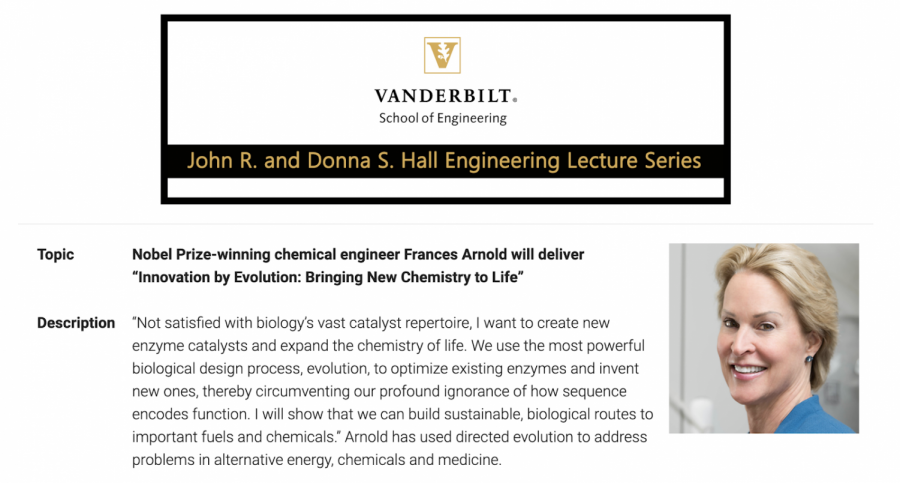John M. Jumper (B.S. ’07) was awarded the 2024 Nobel Prize in chemistry, the youngest person in the last 70 years to receive the prize in chemistry. Jumper graduated from Vanderbilt with a degree in mathematics and physics. He then studied theoretical condensed matter physics at the University of Cambridge and earned his master’s and doctorate in theoretical chemistry from the University of Chicago.
Jumper is a director of Google Deepmind, a London-based intelligence laboratory. His colleague Demis Hassabis shared in this year’s Nobel Prize. Their project focuses on AlphaFold2, an AI model that can predict protein structures from an amino acid sequence. The model has been able to predict the structure of almost all 200 million proteins currently identified and makes way for more efficient research on protein interactions, disease mechanisms, drug discovery and synthetic biology.
In a press release, Chancellor Daniel Diermeier expressed pride towards Jumper’s work and his connection to Vanderbilt.
“John and his colleagues have given us inspiring evidence of [artificial intelligence’s] limitless potential for advancing scientific discovery,” Diermier said. “His work stands as an example of what we as One Vanderbilt can achieve as an innovative, creative community, unwaveringly committed to collaboration in the pursuit of knowledge.”
Math professor Larry Schumaker was Jumper’s advisor in the mathematics department and his professor in several computational mathematics courses. He also taught Jumper in two specialized graduate courses, in which Schumaker said Jumper performed as well or better than the graduate students. Jumper took about half a dozen graduate courses in mathematics and the same in physics while an undergraduate, according to Schumacher.
“We encourage exceptional undergraduate math majors to take some of our graduate courses, and every year, a few do,” Schumacher said in an email to The Hustler. “However, to take this many grad courses as an undergraduate was and remains truly exceptional.”
Schumacher also wrote a letter of support for Jumper’s applications to graduate school.
“I gave him my highest recommendation, closing with the following comment: ‘It is clear that John is destined to be highly successful in whatever direction he chooses to go.’ I am delighted it turned out that way,” Schumacher said.
Physics professor Kalman Varga taught Jumper’s graduate-level statistical physics class. Varga said that because Jumper took so many physics classes, almost everyone in the faculty had taught him.
“I talked to [Jumper] a lot because he was interested in my research area: theoretical condensed matter physics,” Varga said. “He got a very prestigious scholarship — the Marshall Scholarship — in 2007, and I recommended him to go study theoretical condensed matter physics at Cambridge’s famous Cavendish Laboratory.”
Varga noted that professors said Jumper was “one of the best students ever,” and he believes there are many similarly gifted students in the program today.
“Almost 20 years later, I think we have many talented students as talented as John, and depending on the projects and problems they will try to solve, our students can be as successful as John,” Varga said.
Senior Lauren Link expressed how alumni achievements motivate her.
“This is so inspiring, especially as I myself hope to pursue research in the future,” Link said. “I feel proud to be at a university with such amazing alumni.”

